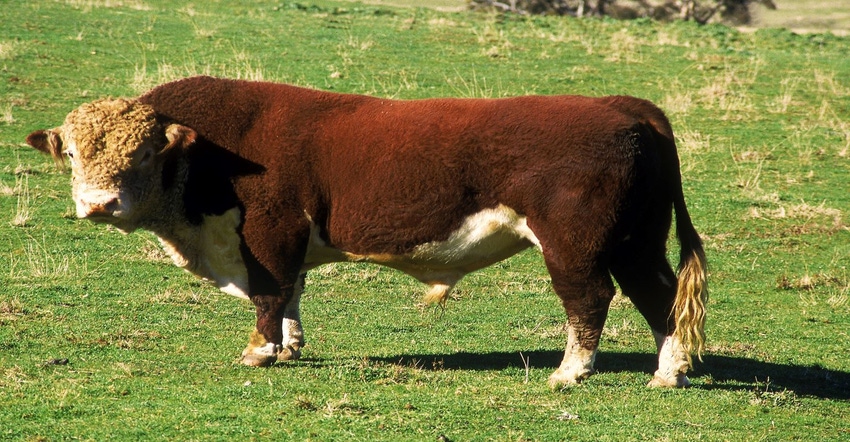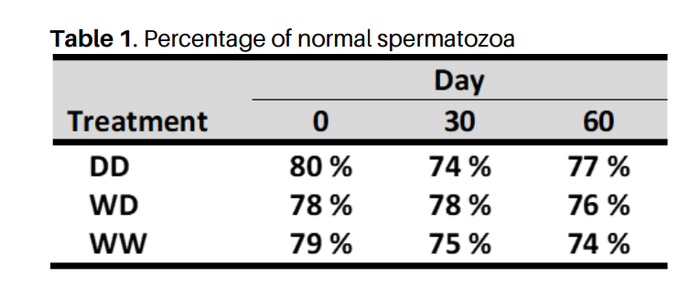Feed is tight in many parts of the country due to cost, but will cottonseed work?
November 30, 2022

As winter slowly approaches and producers are planning their winter supplementation, the question comes in each year; can I feed whole cottonseed to my bulls or will it make them infertile? Our answer to this question is always absolutely not IF you stay within the recommended feeding levels.
Currently, the recommended inclusion rate is 0.5% of body weight or 20% of the total ration. This recommendation is made, however, due to the amount of fat in whole cottonseed (~20%), rather than the amount of gossypol, which is a common driver for concern when feeding whole cottonseed. Gossypol is a yellow pigment that is found in the stem, leaf, lint, and seed of the cotton plant but is highly concentrated in the seed.
Gossypol acts as a natural defense agent for the cotton plant by promoting infertility in insects who consume it. Gossypol has been studied extensively for years and has shown to be toxic to monogastrics (humans, pigs, mice, etc.) and pre-ruminants (calves, sheep, goats, etc who’s rumen has not developed yet).
Most research indicating issues when feeding whole cottonseed to bulls was conducted in the 1960’s through the 1990’s and included whole cottonseed at up to 40% of the diet which is much higher than the recommended level. Additionally, many researchers that reported issues were feeding Pima cotton, which is much higher in gossypol than Upland cotton and uncommon in the southeastern United States.
Due to the lack of current research applicable to our area, a study was conducted at the University of Georgia to determine if whole cottonseed has an effect on performance or semen morphology of 16-18 month old beef bulls.

Over two years, forty-six Angus and Red Angus bulls were transported in the fall to a research barn in Tifton, GA. The bulls were randomly assigned to one of three treatments: DD- 7 lbs. dried distillers grain, WD- 3.5 lbs. dried distillers grain and 3.5 lbs. whole cottonseed (0.33% of BW), or WW- 7 lbs. whole cottonseed (0.7% of BW). Bulls were weighed and given a breeding soundness exam on day 0, 30, and 60.
The project was scheduled for 60 days to mimic a controlled breeding season as well as to allow spermatogenesis to occur. Bulls that were fed whole cottonseed (WW) had a lower average daily gain than bulls fed dried distillers grain (DD; 2.12 vs 3.06 lb/d), but there were no differences in normal semen morphology. To pass a breeding soundness exam, bulls must maintain normal morphology equal to or greater than 70%.
As shown in Table 1, all bulls in this study had normal morphology greater than 70%. From a nutritional standpoint, whole cottonseed is an excellent feedstuff when utilized correctly and due to high levels of cotton production in Georgia, whole cottonseed is often readily available. Nutritionally, it is high in energy (95% TDN), protein (24% CP), and fat (approximately 20%) and is a great supplemental feedstuff in times of limited or low quality forage availability.
When the price of whole cottonseed allows it to be used, it can be an excellent feedstuff. If you are having issues with fertility in your bulls, make sure all the other aspects of bull management are in place (e.g. breeding soundness exam, injuries, etc.).Very rarely, if ever, will whole cottonseed cause infertility in bulls when fed properly.
If you have any questions on whole cottonseed, or would like help incorporating it into your nutritional program, contact your local Cooperative Extension office.
Source: University of Georgia
You May Also Like



